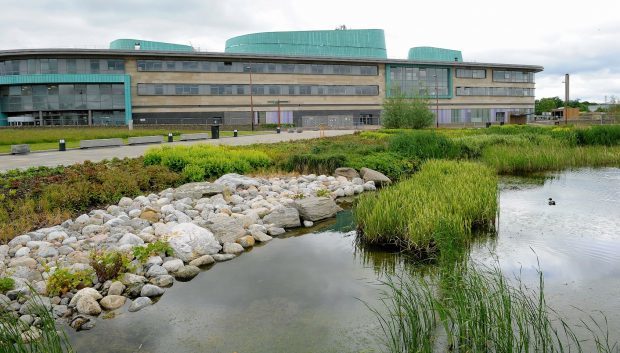Colleges across the north could grind to a halt today because of an escalating pay dispute.
Lecturers are taking the action “as a last resort” after the collapse of talks with management.
Two and three-day stoppages could follow, amounting to 32 days of industrial action before the summer.
A 1% pay rise has been offered, but the EIS union is unhappy about disparity, citing a £12,000 salary difference for some colleagues doing the same job at different colleges.
Their general secretary, Larry Flanagan, said: “Management negotiators have dragged their feet for over a year.”
Two days of strikes are planned next week and the week beginning April 18.
Colleges Scotland, which represents 26 colleges, hasurged the union to cancel the strike action, warning that it would harm 227,000 students.
On the eve of pay talks planned for Friday, its chief executive, Shona Struthers, said: “We’re under no illusion that the reintroduction of national bargaining to the college sector is a major challenge, but one we fully support.
“We’ve been committed to putting the best deal on the table to reward staff for their hard work and commitment. Over the past few weeks, real progress has been made and we could be on the cusp of finding a solution.”
Inverness College UHI principal Diane Rawlinson conceded that some classes were likely to be disrupted.
A spokeswoman for Moray College UHI said: “We’ve been working with staff and students to implement alternative arrangements in order that we can minimise any disruption.”
Tutors are expected to walk out at the Lews Castle College campuses in Stornoway and Benbecula.
Luke Humberstone, president of the Highlands and Islands Students’ Association, said “responsibility” for the situation lay with the Scottish Government.
He added: “They promised EIS pay harmonisation – but are refusing to fund it. They have cut college budgets over the last five years. Students’ futures are at risk.”
A spokesman for the Scottish Government said: “It’s disappointing that this industrial action is taking place. The worst possible outcome from this dispute would be to compromise students’ ability to achieve their qualifications during their final term of study.”
